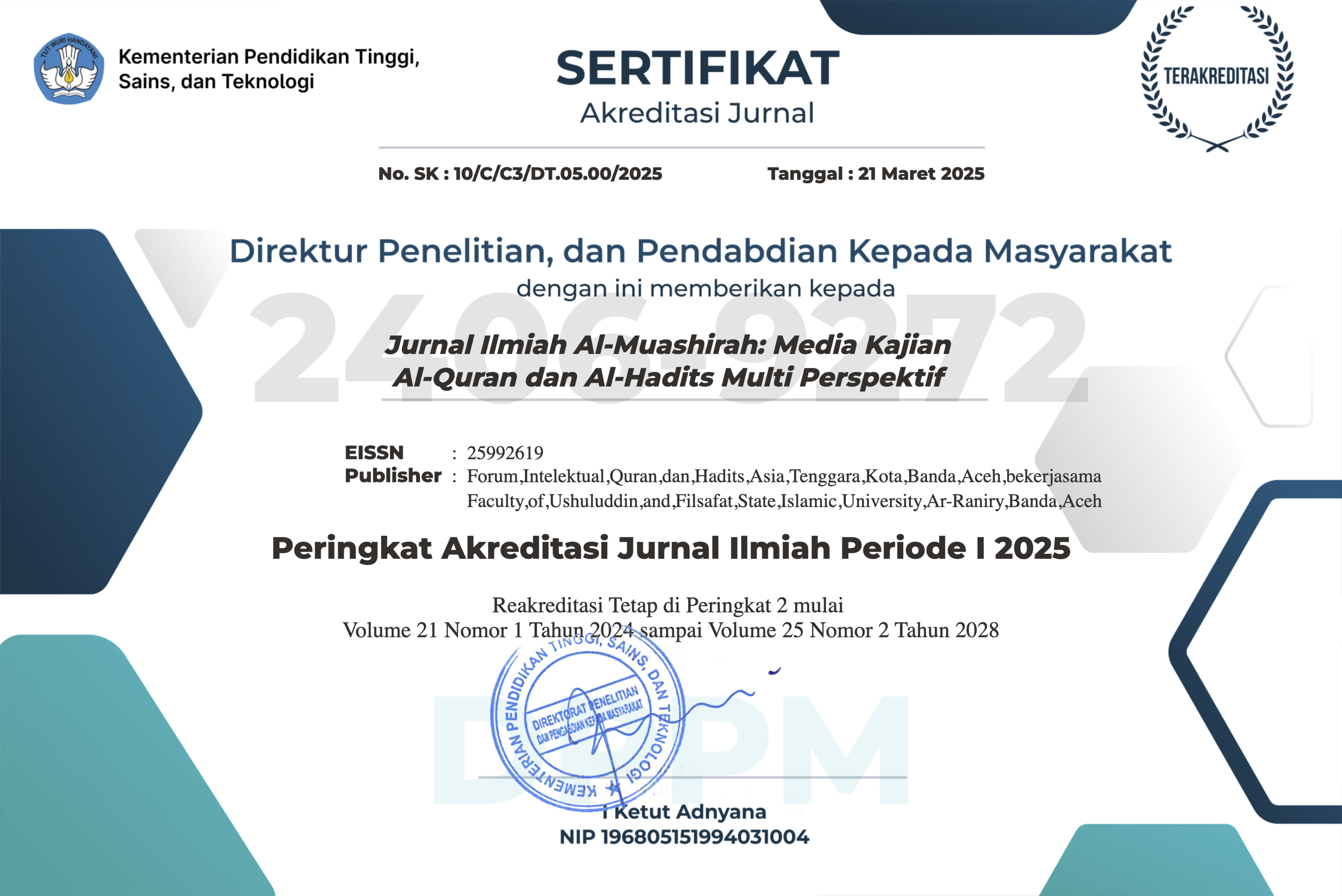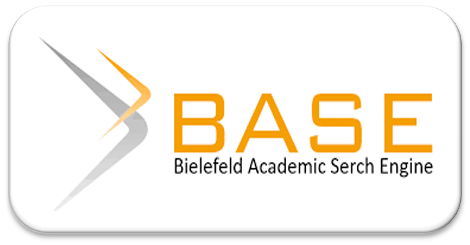Analysis of Strategies for Enhancing Altruistic Attitudes Based on the Guidance of Hadith
DOI:
https://doi.org/10.22373/jim.v18i2.28791Keywords:
Altruistic, Hadith, SocietyAbstract
This article delves into the intricate realm of altruistic hadiths within the Islamic tradition, shedding light on their ethical significance and profound implications for contemporary society. Altruism, as a fundamental virtue in Islam, manifests through various prophetic traditions encapsulated in hadith literature. Employing a qualitative analysis approach, this study examines the contextual nuances and moral imperatives embedded within altruistic hadiths, elucidating their relevance to modern ethical discourse. The research synthesizes classical Islamic scholarship with contemporary ethical theory to elucidate the multifaceted nature of altruistic hadiths. By dissecting the linguistic intricacies and historical contexts of these traditions, the article unveils their underlying principles and ethical imperatives. Moreover, it explores the socio-cultural dynamics that shaped the formulation and transmission of altruistic hadiths, providing valuable insights into the ethical framework of early Islamic societies. Furthermore, the article investigates the practical applications of altruistic hadiths in addressing contemporary moral challenges and fostering communal well-being. It highlights the role of altruism as a catalyst for social cohesion, compassion, and solidarity, thereby enriching the fabric of Islamic ethics in the contemporary world. Additionally, it underscores the imperative of interpreting altruistic hadiths in light of evolving social realities while preserving their ethical integrity and spiritual resonance. In conclusion, this article underscores the enduring relevance and ethical profundity of altruistic hadiths, urging scholars and practitioners alike to engage with these traditions critically and compassionately. By embracing the ethical imperatives embedded within these prophetic teachings, individuals and communities can strive towards a more just, compassionate, and altruistic society rooted in the timeless wisdom of Islamic tradition.
Downloads
References
Al-Bukhari, Abi Abdullah Muhammad bin Ismail, Shahih Bukhary, ed. by Muhammad Fuad Abdul Baqi, 1st edn (Dar Turuq al-Najah)
Crisp R.J., & Turner, R.N., Essential Social Psychology (Sage Publications, 2007)
Dayakisni, T. & Hudaniah, Psikologi Sosial (Universitas Muhammadiyah Malang, 2003)
Hadori, M., ‘PERILAKU PROSOSIAL (PROSOCIAL BEHAVIOR); Telaah Konseptual Tentang Altruisme (Altruism) Dalam Perspektif Psikologi’, JURNAL LISAN AL-HAL, 8.1 (2014)
Jena, Yeremias, ‘Altruisme Sebagai Dasar Tindakan Etis Menurut Peter Singer’, Respon, 23.1 (2018)
Monroe, K.R., The Heart of Altruism: Perceptions of a Common Humanity (Pinceton University Press, 1996)
Morris, E.E., & Webb, E.J., Altruism and Philanthropy: Religious and Secular Approach. (1991)
Muhammad ibn Idris Al-Syafi’iy, Al-Risalah (Mathba’ah al-Babiy al-Halabiy, 1938)
Muslim, ibn al-Hajjaj Abu al-Husayn al-Qusyayriy, Al-Sahih, ed. by Muhammad Fuad Abdul Baqi, 5th edn (Dar Ihya al-Turath Al-’Araby)
Nur Halimah Diwitau, Adcharina Pratiwi, ‘Menanamkan Karakter Pada Siswa Sekolah Dasar Mengenai Attitude Dalam Meminta Tolong Dan Berterimakasih’, Pendekar: Jurnal Pendidikan Berkarakter, 10.10 (2020)
Robet, R., ‘Altruisme, Solidaritas, Dan Kebijakan Sosial’, Jurnal Sosiologi Masyarakat, 18.1 (2013)
Sahih Muslim, ‘Sahih Muslim 2241a - The Book of Greetings - كتاب السلام - Sunnah.Com - Sayings and Teachings of Prophet Muhammad (صلى الله عليه و سلم)’, Sunnah.Com <https://sunnah.com/muslim:2241a>
Singer, P., The Expanding Circle: Ethics and Sociobiology (New American Library, 1981)
Sorokin, P., The Reconstruction of Humanity (Beacon Press, 1948)
Taylor, S.E., Peplau, L.E., & Sears, D. O., Social Psychology Education Prentice Hall, 12th edn (Kencana Prenada Media Group, 2009)
Titmuss, R., The Gift Relationship: From Human Blood to Social Policy (The New Press, 1997)
Downloads
Published
Issue
Section
License
Authors who publish in Jurnal Ilmiah Al-Mu'ashirah agree to the following terms:
- Authors retain copyright and grant the journal right of first publication with the work simultaneously licensed under a Attribution-ShareAlike 4.0 International (CC BY-SA 4.0) License that allows others to share the work with an acknowledgment of the work's authorship and initial publication in this journal.
- Authors are able to enter into separate, additional contractual arrangements for the non-exclusive distribution of the journal's published version of the work (e.g., post it to an institutional repository or publish it in a book), with an acknowledgment of its initial publication in this journal.
- Authors are permitted and encouraged to post their work online (e.g., in institutional repositories or on their website) prior to and during the submission process, as it can lead to productive exchanges, as well as earlier and greater citation of published work (See The Effect of Open Access).













